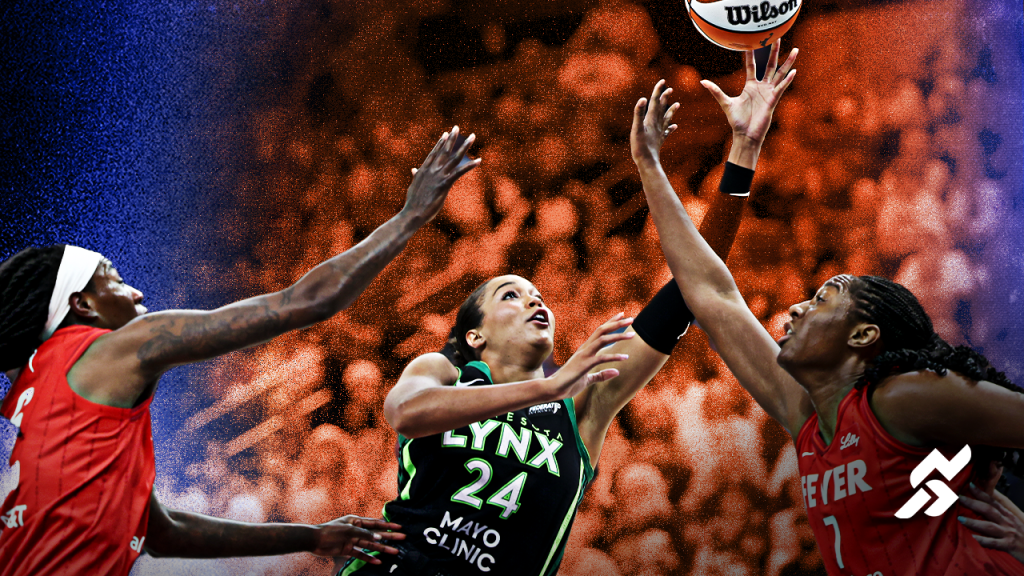With the WNBA and its players association still far apart on a new collective bargaining agreement, WNBPA executive committee secretary Elizabeth Williams is doubtful that a deal will be struck by the Oct. 31 deadline. The Chicago Sky forward is far from alone in that concern among players, according to sources familiar with the ongoing negotiations.
“Initially the end of October was ideal, but that’s probably not going to happen,” Williams told Sportico. “That’s where we wanted to be, but I don’t think we’ll be ready. … I’m staying cautiously optimistic.”
Representatives from the WNBA and the Women’s National Basketball Players Association (WNBPA) reconvened last week in New York to continue negotiations, and the union sent a new proposal to the WNBA in response to the league’s June counter that was met with a public backlash by players. WNBPA officials held a player meeting on Monday to provide an update on last week’s talks. Both sides are still at odds on defining which income streams fall under team revenue—an impasse that has wide implications for a revamped revenue-sharing system that players desire in this CBA.
“As we approach the 60-day mark, the league’s lack of urgency leaves players wondering if it is focused on making this work or just running out of the clock,” WNBPA executive director Terri Carmichael Jackson said in a statement to Sportico. “Fans do not want that. They are with the players in demanding a new standard for the W. The players have been ready from day one.”
Last month, several members on the player committee, including Seattle Storm star and union president Nneka Ogwumike, expressed frustration over the state of negotiations but remained hopeful about striking a new accord before November. The tenor of recent conversations, however, has dimmed that belief. If sides cannot come to an agreement through Oct. 31, it would prompt an extended deadline, which would need to be agreed upon by both parties prior to Nov. 1, according to a source.
WNBA commissioner Cathy Engelbert insinuated that could be an option last month during the All-Star Break in Indianapolis. This maneuver isn’t uncommon, as both sides extended the last CBA deadline and didn’t come into an agreement until January 2020, right before the beginning of free agency. But a deadline extension this time around—coming amid an economic boom for the league—has different ramifications.
This includes potentially slowing momentum for two new franchises in Portland and Toronto, which are slated to begin their inaugural seasons next year. An extension could possibly push back an expansion draft date. The Golden State Valkyries, the league’s 13th team, held their expansion draft in December last year, providing extra time to promote players and prepare for the free agency period.
If CBA negotiations cut into the offseason, that also has potential to delay the most anticipated free agency in years, with more than 80% of the league’s players set to be out of contract. The pushback could make for a unique negotiation period if players are inking new deals as they navigate obligations with overseas teams and alt-leagues like Unrivaled.

